‘I’m gay, I’m undocumented, I’m done coming out’ (Part 2)
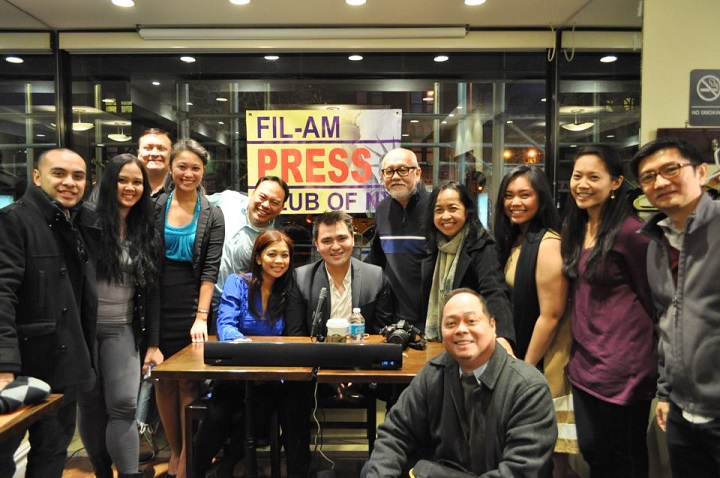
Jose Antonio Vargas with members of the Fil-Am Press Club and guests who attended the March 29 Kapihan. Photo by Noel Pangilinan
On how he reached out to the Filipino community before coming out: I knew very early on that before I’d do this I had to inform the Filipino American community. My essay came out in The New York Times in June 2011. In like April or May there was a big meeting of Naffaa (National Federation of Filipino American Associations) in Las Vegas. I flew my lola, my Uncle Conrad, Auntie Aida to Las Vegas so we could tell the leadership of Naffaa that this was about to happen. Loida Nicolas Lewis was the one who introduced me to Faldef (Filipino American Legal Education and Defense Fund; they would later form his legal team).
My lola was so funny. She was like, do you have to say that you’re bakla too? She was like, huwag mo na sabihing bakla ka, hindi na kailangan. By the time, my family members met the leadership of Naffa and (saw) how much they embraced it. It was really important for my grandmother. I put her through a lot.
On how some FilAms reacted to his coming-out: I met this Filipino American woman. Nice, educated woman, she travels back and forth to the Philippines a lot. I told her I was going to come out. She started to shake. She was having this almost allergic reaction: You can’t do this. I’m like why? It’s going to be so embarrassing, she said. Just go to the Philippines and they’ll treat you like a hero.
On being an inspiration to young FilAms: Oh God. no. I have to be honest. I’ve been heartened by young Filipino Americans that I meet who are so hungry for activism, who want to be involved.
On the perceived lack of unity, political indifference of some Filipinos: What I’m looking forward to is for Filipino groups to get together more. What does it say to us that with more than a million people in the state of California, is there even a FilAm in the Assembly in Sacramento, in L.A. or San Diego? (Rob Bonta, a Filipino American, is currently serving in the California State Assembly. – TF)
The thing that gets me really upset and angry is when I meet Filipinos who have houses here, who build their lives here and who are not even registered to vote. To be in this country carries a certain responsibility and that means participating in our democracy. I mean put the lumpia down.
Being in America is more than consuming things and buying things. It had to be about being involved. We’re the third largest immigration group in this country and yet how many elected officials do we have nationally and locally? It’s an embarrassment.
On possibly entering politics: I have no intention of being an elected official or a politician. It’s weird a little bit because some people now want me to endorse them. Oh, I’m not saying who.
On why FilAms should get involved in the immigration conversation. We should all be paying close attention. The devil is in the details. Who are they going to leave out? The Asian American and Pacific Islander community should be very concerned that family-based legislation may not be part of this (bill on immigration) reform. I would hope this is the time for us to get organized, educate ourselves and advocate for each other.
On his grandmother’s reaction when Jose was excluded from DACA: When Deferred Action happened, this temporary relief for undocumented youth, my lola called. Kasali ka ba diyan? I’m like, no. Bakit naman. (He told her he’s four months past the age requirement) And she started crying on the phone.
On growing up with his grandparents: I wish my grandfather were alive. My lolo did not understand the whole bakla thing. When I was younger I was rebelling. A lot got lost in translation. I regret not getting to know him better, not understanding more where he came from.
When I was younger I was ashamed of my predicament. I was angry at my mom, angry at my lolo and lola for not thinking it (the immigration process) through. When I got older I’m thinking, how dare I get angry. They dreamed something for me that I never thought I’d dream for myself.
On how he got on the TIME magazine cover: I basically called the editor Rick Stengel, who’s a friend. I said I wanted to write a story on why I haven’t been deported. I actually called (DHS, CIS) and said, hi I’m writing for TIME Magazine. You deported 400,000 people in 2011, why wasn’t I one of them? They said officially, no comment.
Originally the editor just wanted my picture on the cover and I’m like no. Don’t want that. So I said why don’t we invite 30 other people. And he’s like where are you going to find them? And I said are you kidding me? Facebook! I’m at a point now where I’m actually defriending American citizen friends so I can add more undocumented friends because there’s a limit.
We got 36 people for the cover from 15 different countries. Israel Germany Nigeria, Brazil, Peru, the Philippines. We had four days to get the 35 flying from across the country to a studio in the West Village. We found a way to get them there. Four people slept in my apartment. It’s funny because they were passing around photo release forms. They’re asking for names and addresses and the (35) were looking at each other and like, can we trust them with this?
On where Define American gets its funding: DefineAmerican.com has a donation page. People think we have a lot of money but we don’t. I’m so busy doing (things) that I’m not fundraising. We finally have hired a full-time staffer Monica Novoa of ‘Drop the I’ campaign at Colorlines.
Define American is really the product of a day-long conversation between me and three of my closest friends in my apartment. We sat down and I said I’m about to come out as an undocumented, How do I make sure it’s not just about me? What do we call it, what’s our goal?
On immigration lawyers: I got a lot of lawyers that I can count on if anything happens. Like when I got pulled over in Minnesota and got arrested and went to jail, every lawyer was like hey how can I help. I think I heard from 500 immigration lawyers who offered help pro bono.
On what’s next for Jose Antonio Vargas: I feel like my life has just started. There’s a lot I want to do. I don’t want to be boxed in.
I created a production company and called it Apo Production as in grandchild. I’m doing it in honor of my lola and my lolo. I can’t wait to go to the Philippines and do a film on the Philippines. I grew up watching Ishmael Bernal. I am very much curious about the Filipino diaspora, what connects us and how we can be connected.
On what he gained by coming out: I gained myself, my freedom. I’m gay, I’m undocumented. I’m done coming out.
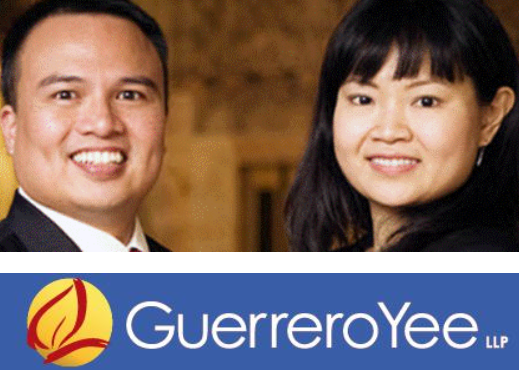 Trust our award-winning law firm with your immigration case.
Trust our award-winning law firm with your immigration case.
Katamisán Cakes: French technique, tropical flavors. Weddings & special events. Click for info.

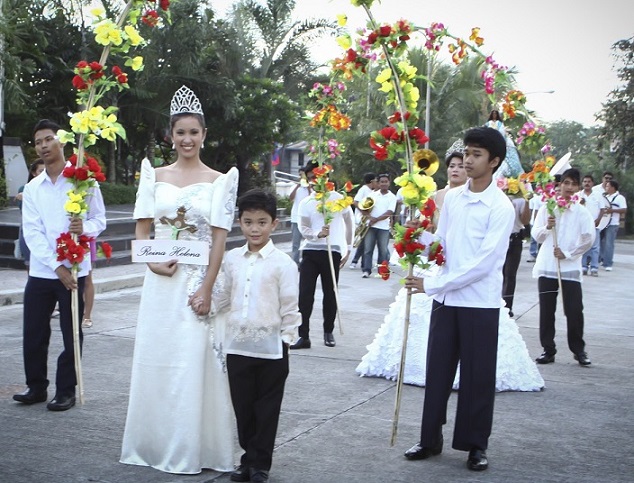
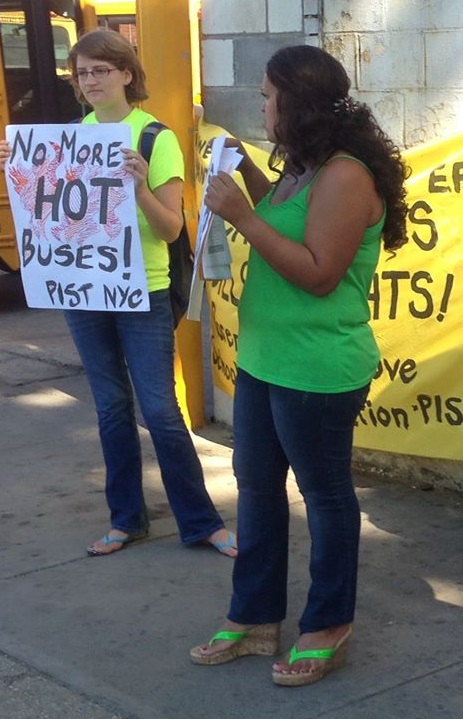
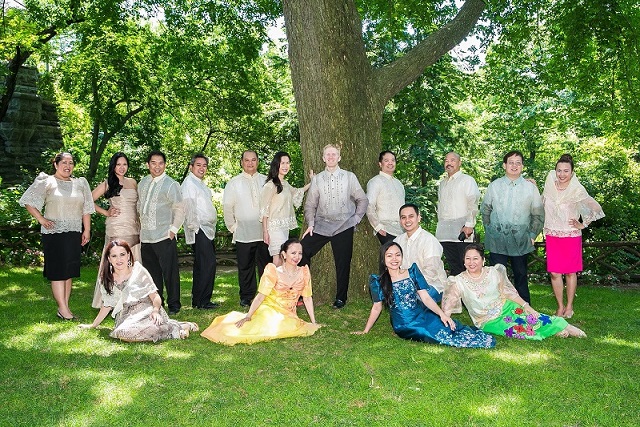
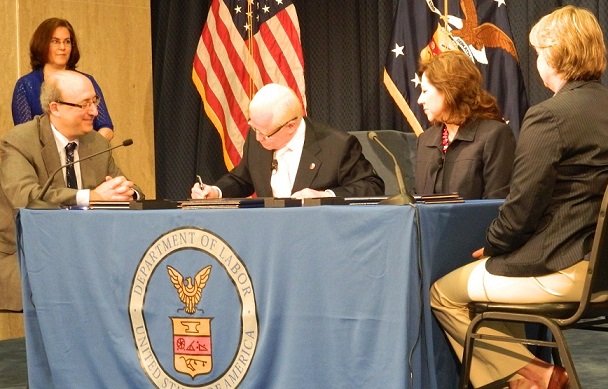
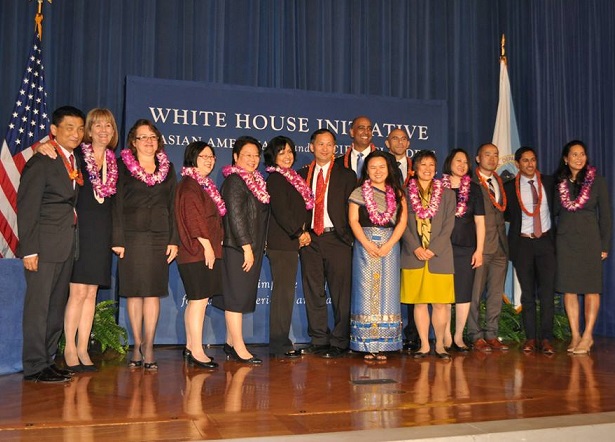

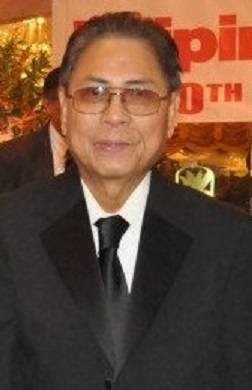
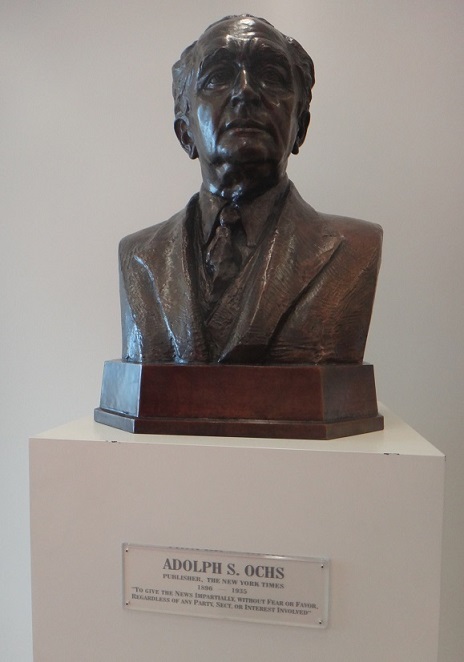
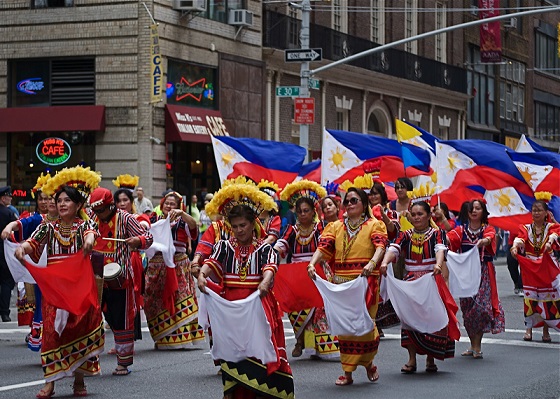


best part…”I mean put the lumpia down.”
Ms. Pastor, I have read you article and interview with Mr. Jose Antonio Vargas. I would like to commend him for taking the risk to come out as an TNT (illegal immigrant) and coming out as a gay Filipino man.
Mr. Vargas is brave and talented Filipino American who is doing something good on behalf of undocumented people in the USA and, telling the Filipino American community to be more active in the social and political fabric of this great nation. In closing, I would like to say that the Fil-Am community in the USA has gained a man who is doing something positive to encourage his community to be counted as people.